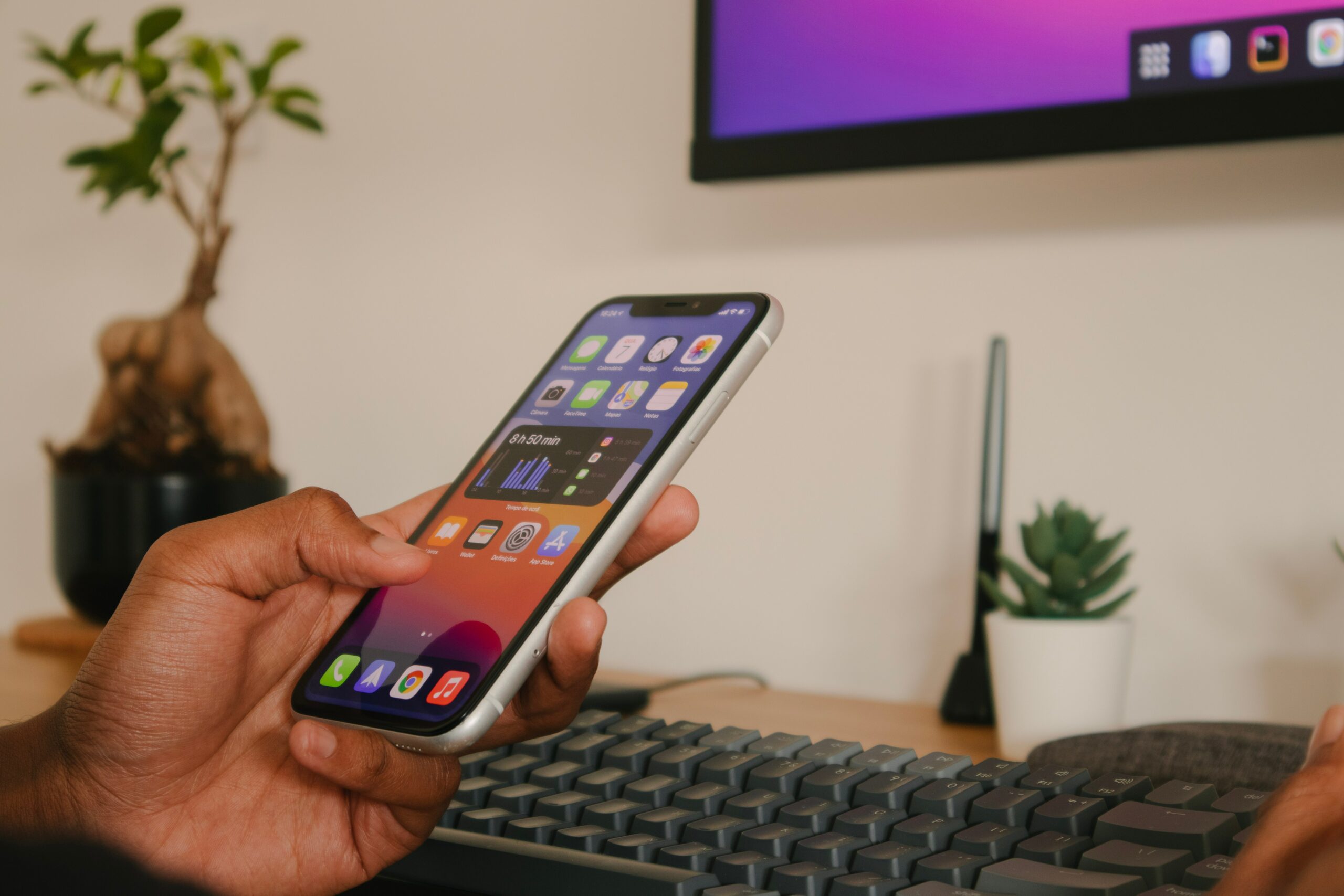How to Stop Getting Distracted While Working from Home
Recently, I found myself falling into a pattern of getting distracted by certain apps on my phone during working hours. It was becoming a bad habit, so I knew I had to figure out a way to a) stop getting distracted in the first place and b) get back to work more quickly after being distracted.
I tried a number of methods to break the habit, and finally found one that stuck. While I wouldn’t try to claim that I’ve never gotten distracted by the same things since, I am definitely on the way to breaking the habit and establishing better ones in its place.
So in this post, I’ll outline the process and tools that helped me break the habit and stop getting distracted, especially during working hours.
1. Identify the Critical Hours.
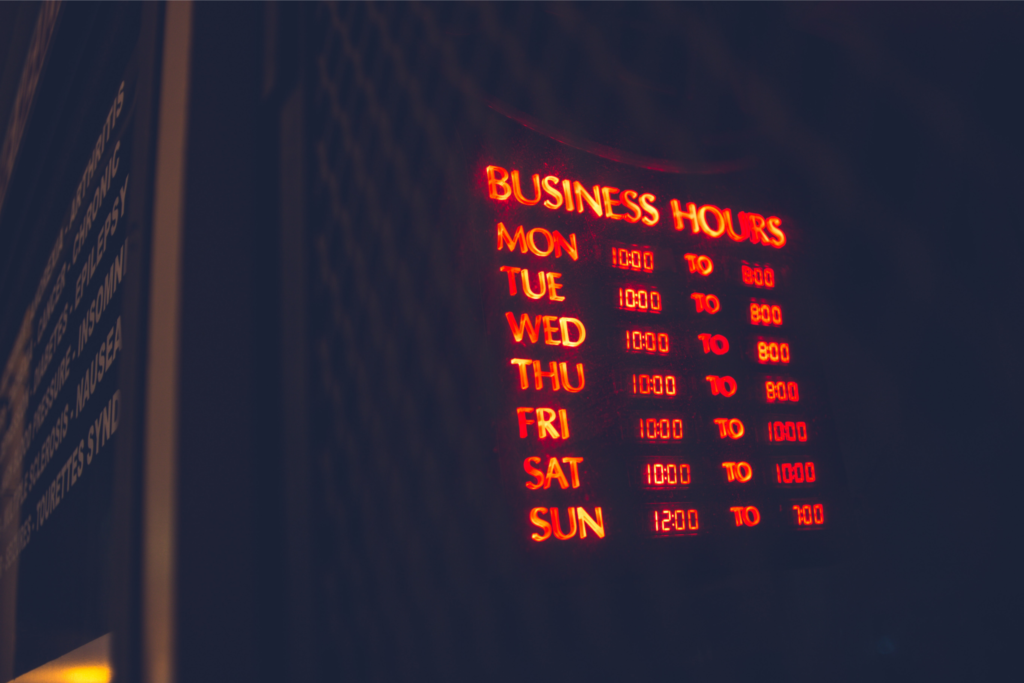
The first step in habit-breaking (or habit-forming) is to observe your current patterns. When do you most often find yourself getting distracted? Additionally, when is it most important for you not to be distracted?
I was having this problem at several different times of the day, but I found that it mattered more in the mornings. This is a critical time for me because I’m at my most productive in the mornings. So not getting work done then means it’ll be harder for me to get it done later.
I also found that there was a particular day of the week when I was most likely to get distracted. On this day, there was a weekly event that I wanted to get updates about, but checking those quick updates led into a spiral of well, let me just check this one other thing, too…
Knowing that my mornings were most important, and knowing that this weekly event was going to occur, I was able to focus my attention on shutting down distractions in the morning as much as possible — and I could do my best to schedule the most important things around that weekly event.
2. Identify the Habit Triggers.

After figuring out when the distractions tend to happen, and what timeframe is most important to protect, try to notice why you get distracted at those times. Are you putting off a recurring task you dread doing? Is there an external event that steals your attention? Do you reach for your phone when your hands have nothing to do? Does checking one particular app lead naturally into checking all of them?
If you can target the habit at its trigger point, it can be easier to avoid — or at least to correct more quickly.
3. Disrupt the Automation.
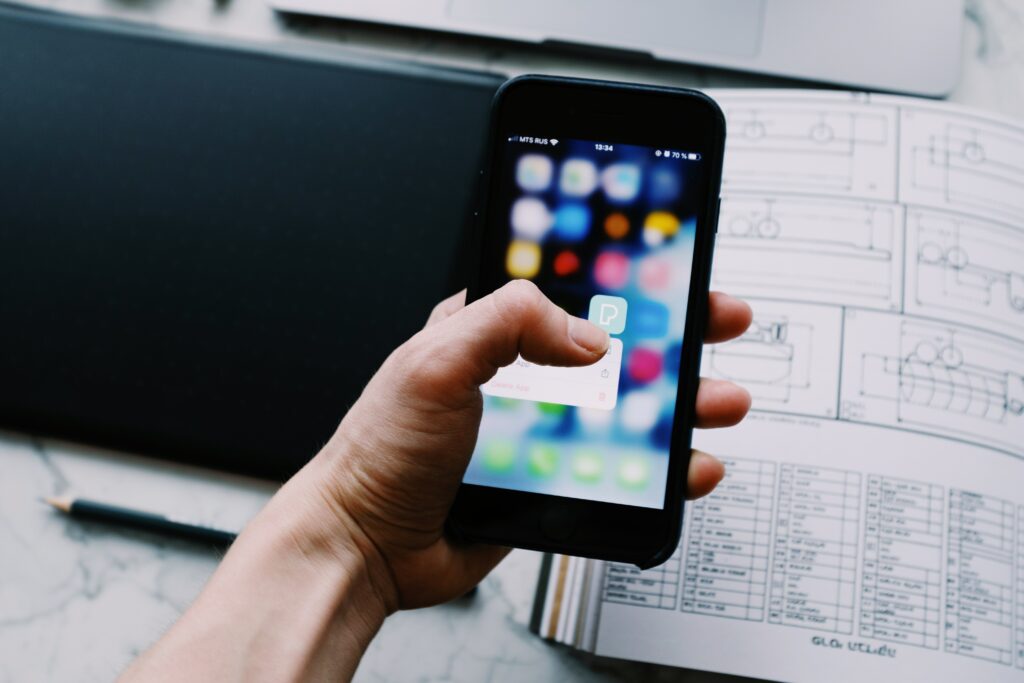
A habit is something that we do without thinking about it. So to break a habit, you have to disrupt the automation. You have to force yourself to think about it — to take yourself off autopilot, so to speak.
At this point, you know what time of day to focus on, and you know specific behaviors to watch for. So at those times, be extra vigilant. Set precautions for those times that will remind you to pause and think about what you’re doing.
For me, this meant setting restrictions for myself using a combination of three apps.
Stop Getting Distracted by Limiting Screen Time with iPhone Downtime, Shortcuts, & One Sec
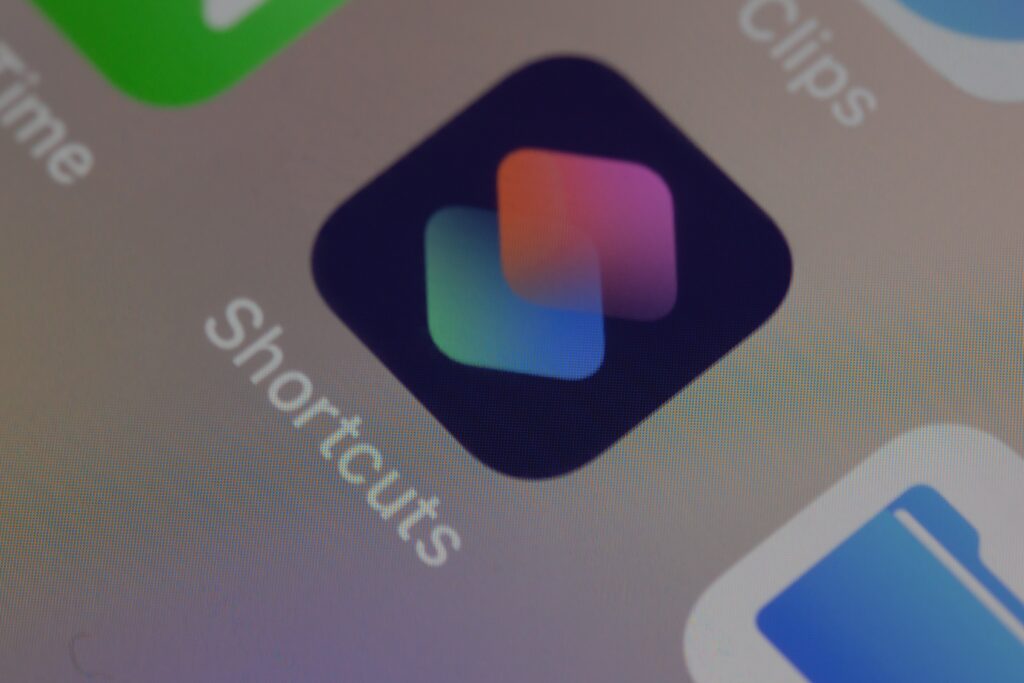
Note: I use an iPhone, but I’m sure there’s an Android equivalent for these apps out there.
App #1 is One Sec. I looked at a few different apps for this particular purpose, and this was the one I ended up purchasing. One Sec works with the Shortcuts app to force a pause when you open a specified app (or apps) during a specified timeframe. It prompts you to type in a reason for opening the app — or choose not to open it at all.
App #2 is the iPhone Screen Time app, which allows you to set certain “downtime” periods when apps of your choice are blocked. This is helpful if, like me, you need to use certain apps during work hours, but want to block others.
The reason I use both is because I found that during those crucial morning hours I needed an extra layer between myself and the distractions. Adding time and extra steps to the action of opening a particular app disrupts the habit. And it reminds me to consider whether I should be doing something else instead.
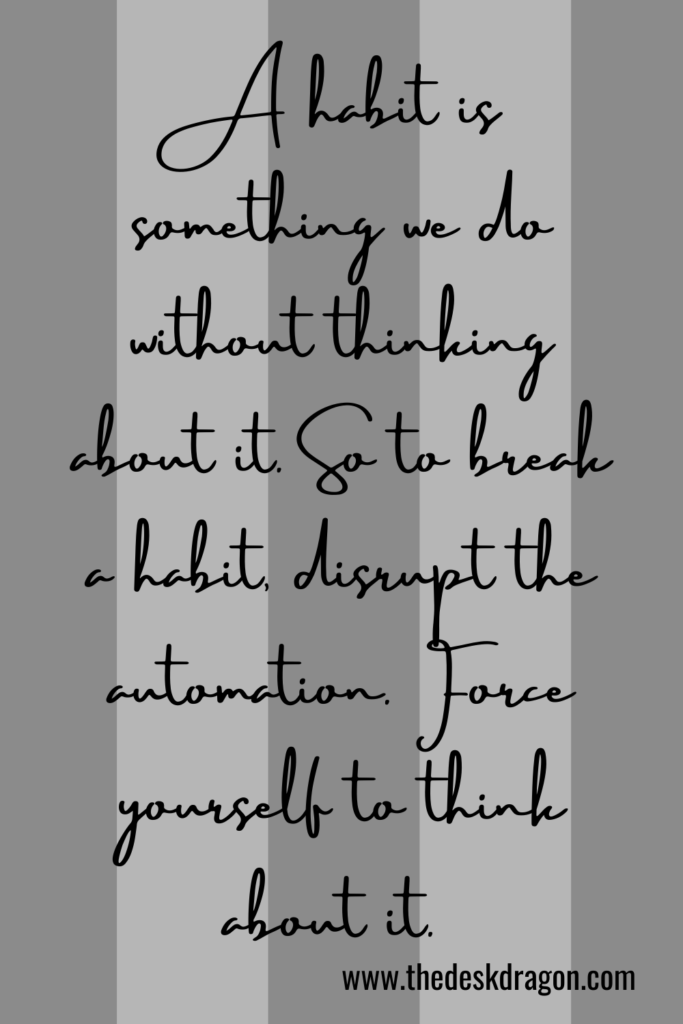
What methods have you found to break bad habits and stop getting distracted during work? I’d love to hear from you.
